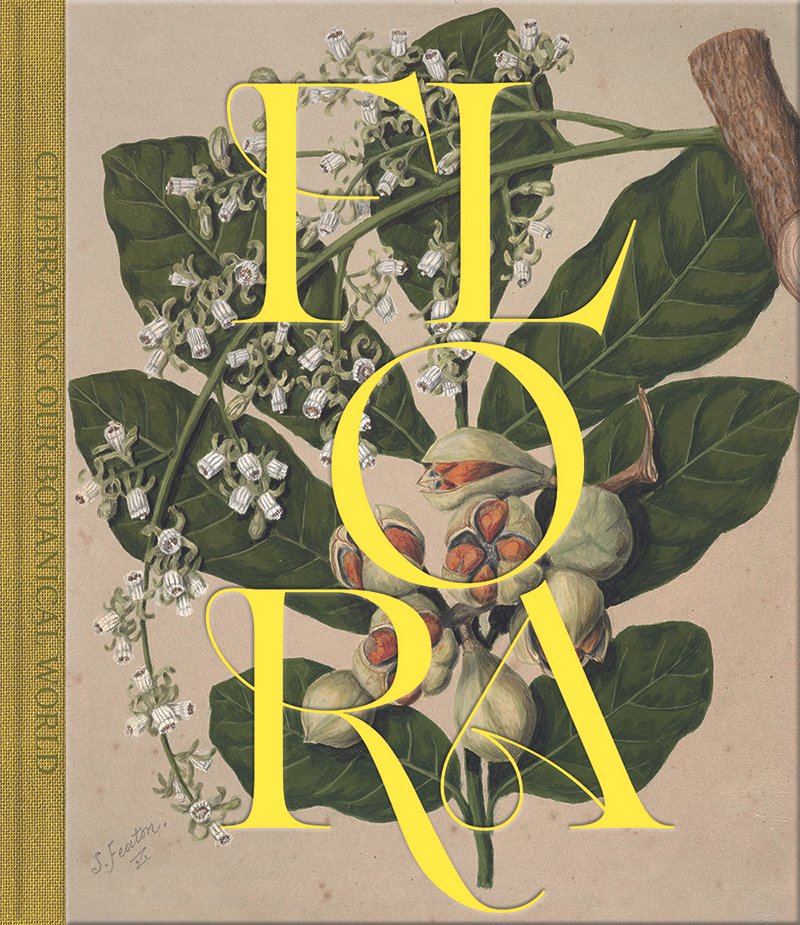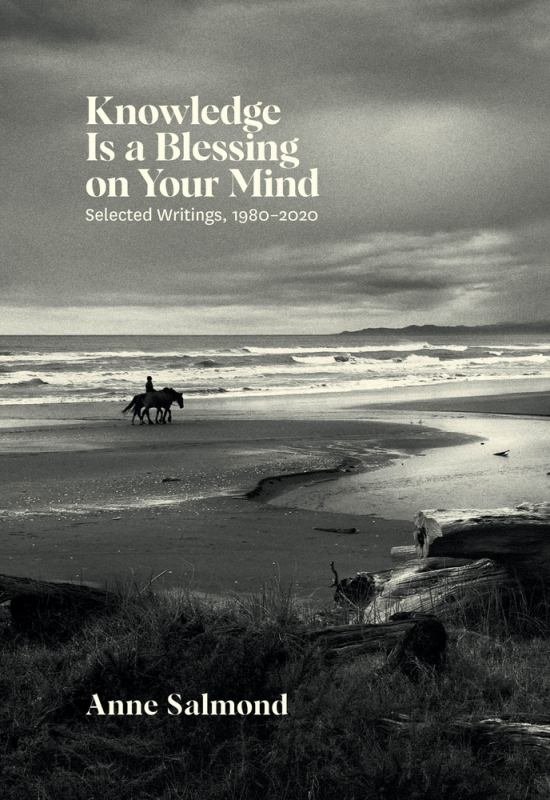Thread Ripper by Amalie Smith (translated from Danish by Jennifer Russell)
Perhaps, he thought in a rare moment of self-reflection, or in a moment of rare self-reflection, he wasn’t sure which, I have become so accustomed to writing my so-called fictional reviews, to writing my so-called reviews in a fictional manner or even, more confusingly, in an autofictional manner so that they are not immediately recognised as the fictions they are, that I have proverbialised myself into a corner and am incapable of writing a straight review, if there is even such a thing, or a review just written as a review, there might be such a thing as that, he thought, without the novelistic trappings of my approach, my distancing and deflection tricks, my wriggling away from the task at hand and from the possibility that I am not up to the task at hand, he thought, perhaps all my trickeration, so to call it, is just a way of concealing my incapability, from myself at least for surely no-one else is fooled, he thought. None of this helped, he thought, this self-reflection, so to call it, makes me more incapable rather than less, makes anything that might pass for a review, or even for a meta-review, less possible, I have thought myself to a standstill, he thought, unless of course I create a fictional reviewer to write the reviews for me, a fictional reviewer who could write a straight review, a review written as a review, that elusive goal that for me is now unreachable, at least without some trickeration, I have got to the point at which only a fake reviewer can write a real review. Anyway, anyone but me. I wonder how my fictional reviewer will approach this book, Thread Ripper, he thought. Thread Ripper is written in two parallel sequences or threads on the facing pages of each opening, and each of those threads has its own approach to the matters that inform them both. My reviewer would probably find themselves obliged to begin or find it convenient to begin with a description of how the verso pages carry an account, if that is the right word, of the author’s researches and considerations of the history of weaving and computer programming, which turn out to be the same thing, at least in the author’s concurrent artistic practice, so to call it, here also described, and which turn out to be the same thing also as neurology and linguistics, or at least to have typological parallels to neurology and linguistics, if these even warrant separate terms, which the fictional reviewer may speculate on at some length, or not, these recto pages deal with matters outside the author’s head, matters of what could be termed fact, even though the term fact could be applied in this instance to some quite interesting philosophical speculations, speculations about things that may actually be the case, which, for the fictional reviewer, is as good a definition of the term as any. The recto pages are concerned with problems of knowing, the fictional reviewer may begin, or may conclude, whereas the verso pages are concerned with problems of feeling, so to call it, not that in either case should we assume the so-called problems to be necessarily problematic, although in many cases in both strands they are, the recto pages are concerned with what is going on inside the author’s head, with matters subject to temporal mutabilities, temporal mutabilities being an example, or being examples, of the sort of words a fictional reviewer might use when writing a review as a review but not making a very good job of it, though it is unclear whose fault that might be, does he have a responsibility for the performance of this fictional reviewer he has devised to do his job, he supposed he did have some such responsibility but he couldn’t help starting to wonder if successfully creating a character who fails to write well might be more of a success than a failure, though it would be, he supposed, a failure at his stated aim of achieving by the employment of a fictional reviewer the sort of straight review that he found himself these days incapable of writing, he wanted the fictional reviewer to write a real review, after all, a fictional review, which would not need to be actually written and which in this instance he could easily refer to as being wholly positive about this interesting book Thread Ripper, which he has read and enjoyed and which started in his mind, if it warrants to be so called, some quite interesting speculations and chains of thought of his own, and which he could suppose, to make his task easier, his fictional reviewer has also read and enjoyed, they are not so different after all, he thought, such a fictional review would not realise his intention or fulfil the purpose of the reviewer, he had intended the fictional reviewer to review the book in a straightforward way, even though he, even if this intention was by some chance realised, looked as if he would in any case treat the whole exercise, to his shame, as so often, as something of a sentence gymnasium. He would like to write in a straightforward way, he thought, to say, in this instance, I like this book and what is more I think you should buy it because I think you would like it too, but he could not help making the whole exercise into a sentence gymnasium, I never can resist a sentence gymnasium, he thought, these days less than ever, show me a sentence gymnasium or some relatively straightforward task that I could treat as a sentence gymnasium, pretty much anything can be so treated, he realised, and I am lost, he thought, whatever I attempt I fail, I am lost in the fractals of my sentence gymnasiums, or sentence gymnasia, rather, he corrected himself, my plight is worse than I thought, he thought. In Thread Ripper the author on the verso dreams, the fictional reviewer might point out, he thought, or he hoped the fictional reviewer would point out or remember to point out even if they didn’t get so far as to actually point out, according to the verso pages the author dreams and longs, and the author on the recto pages, if we are not at fault for calling either personage the author, programmes her computer with an algorithm to weave tapestries but also with an algorithm to write poetry, the results of which are included on these recto pages, if the author of those pages is to be believed, he didn’t see why not and he thought it unlikely that his fictional reviewer would have any reservations in regard to the authenticity of these poems, so to call them, or rather to the artificial authorship of the poems and of the so-called ‘artificial’ intelligence behind them, any productive system, any arrangement of parts that can produce something beyond those parts, is a sort of intelligence, he thought, though he evidently hadn’t thought this very hard. All thought is done by something very like a machine, even if this is not very like what we commonly term machines, he reasoned, reducing the meaning of his statement almost to nothing while doing so, it is a good thing I am not writing this review myself, it is a good thing I have a fictional reviewer to write the review, a fictional reviewer whom I can make ridiculous without making myself ridiculous, he thought, unconvincingly he had to admit though he didn’t admit this of course to anyone but himself, the universe is full of mess, a mess we are in a constant struggle to reduce. “The digital has become a source not of order, as we had hoped, but of mess, an accumulation of images and signs that just keeps on growing,” writes the author of Thread Ripper. “For humans it’s a mess; a machine can see right through.” Perhaps there is a difference between machine intelligence, which compounds, and human intelligence, which reduces, he thought briefly and then abandoned this thought, perhaps my fictional reviewer will have this thought and perhaps my fictional reviewer will be able to think it through and make something of it, fictional characters often think better than the authors who invent them, fictional characters are themselves a kind of machine for thinking with, artificial characters with artificial thoughts, if there can be such things, perhaps intelligence is the only thing that can never be artificial, he thought, though we might have to change the meanings of several words to make this statement make sense. “I hear on the radio that the human brain at birth is a soup of connections, that language helps us reduce them,” writes the author in Thread Ripper. “The more we learn, the fewer the connections.” Does grammar, then, work as a kind of algorithm, he wondered, or he wondered if his fictional reviewer might be induced to wonder, is it grammar that forms our thoughts by reducing them to the extent that we may affect on occasion to make some sense, whether of not we are right, which is, really, unimportant, the grammar is what matters not the content, is this what Ada Lovelace, who died before she could describe it, referred to as the calculus of the nervous system, could he actually end his sentence with a question mark, he wondered, the question mark that belonged to this Ada Lovelace question, or was he too tangled in his sentence to find its end?




























































